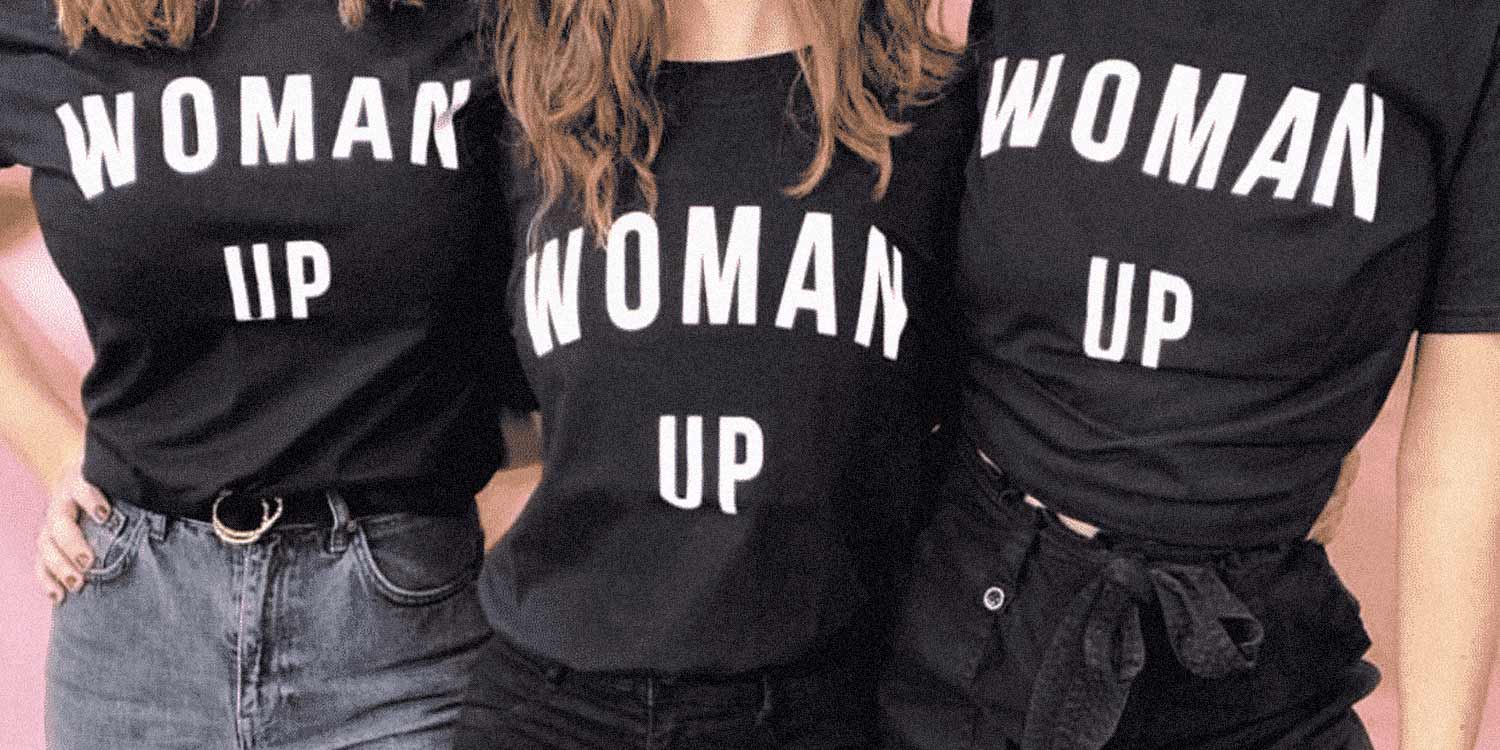In the first of a series of articles by our amazing team of Student Features Writers, Priya Toberman lays down her thoughts on how the stereotypes of women in the media can affect women today.
When I was younger, the girls in the books I read were my heroes. They were tough, they didn’t like the colour pink, and the idea of wearing makeup made them want to puke. They were what we tend to call ‘Strong Female Character’.
Although well-meaning, the recurrence of this trope has the unfortunate side effect of creating a stereotype of those girls that do choose to express themselves as traditionally feminine. This isn’t because of its existence as a whole, but because it is often twisted into the idea that traditionally feminine values equate to stupidity, vanity and superficiality. The problem with this, is that there is zero evidence to prove that someone’s intelligence is affected by their outward appearance.
This impacted me hugely when I was little. I didn’t want to do something that might make me appear ‘girly’, in part because I thought the word ‘girl’ meant being seen as less intelligent, more incapable and essentially, less of a person who could be taken seriously. What’s worse, is that I would see other girls as lesser for liking the colour pink, glitter, or for wearing makeup. It took me years to change this way of thinking, and I know that it’s not just me—this is true for so many girls.
Stereotypes pervade many of the problems experienced by young women. Telling girls that they should behave in a certain way in order to be taken seriously brings us back to the olden days when women were forced to perform femininity. Moreover, telling girls that if they appear a certain way, they have a certain personality, is reductive–it contributes to the idea that women are a homogenous group without individual personalities. Not real people, but simply a construction of what society believes we are.
The dehumanisation of women is what keeps misogyny on its feet, and is perpetuated by the media only producing the same stereotypical female characters, instead of creating characters which are believable as real people.
The reason tackling stereotypes is so important is because it can easily be fixed by showing children that the way people present themselves doesn’t have to have anything to do with who they are. If these stereotypes can be broken down while children are still children, then the problem would eventually disappear, but because the stereotypes we were exposed to as children are beyond our control, we must re-educate ourselves once we are old enough to properly understand.
I believe that the true issue experienced by young people is the lack of control we feel over our own lives. While the media we are exposed to will inevitably be out of our control, there are other issues within society which affect young people and could benefit from our voices. I’m talking politics, education, basically everything that affects teenagers more than anyone else. Decisions about these sorts of things are usually made by adults who can’t or won’t see things from our perspective. If young people could be included in the decision-making, if we are allowed to discuss problems in our society and in the media which affect us, we would be far better prepared for the future.
And as for those stereotypes, although there is little we can do to control what’s already been done, I think it’s important that we can move forward recognising these stereotypes so that we, the next generation, can set about dismantling them. I can’t wait until I can finally open any book and discover new characters with fully fleshed out personalities from all genders, races and sexualities, and for that to become the norm. As the writers, inventors and creators of the future, the decisions we make in the future are crucial; it’s our time to set a precedent for what society should be.
Got an idea for a piece? Email features@ditchthelabel.org













